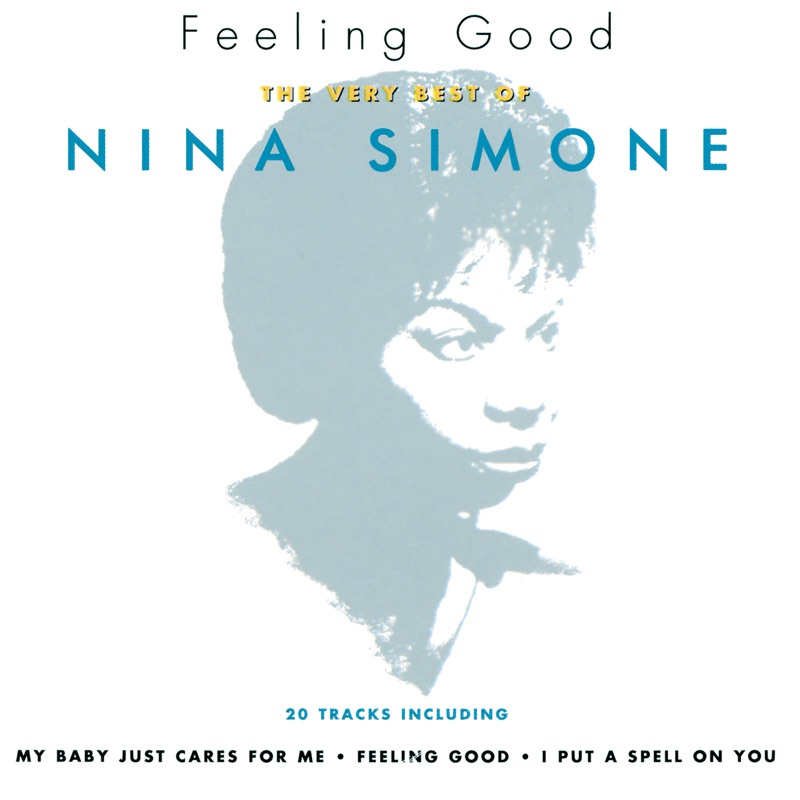by Nina Simone · 2024

The song “Sinnerman” by Nina Simone is about a sinner desperately seeking refuge and forgiveness from various sources on the day of judgment, only to find that there is no escape from accountability for one’s actions.
This song has been Shazamed over 4,858,169 times. As of this writing, Sinnerman is ranked 190
‘Sinnerman’ by Nina Simone is a powerful song from the 1960s about someone desperately searching for a place to hide from their guilt and mistakes. We’re going to explore how this classic tune tells a story about running, regret, and redemption. ⬇️
️ The atmosphere of “Sinnerman” feels like a storm—frantic piano, urgent claps, and Simone’s voice racing alongside a soul in crisis. We’re dropped into a world where there’s nowhere left to run, just relentless pursuit and rising tension.
The chorus is a feverish chant: “Sinnerman, where you gonna run to?” It’s almost as if we’re chasing ourselves in circles—no rock, no river, not even the Lord will offer sanctuary. The repetition of “power, Lord” explodes with desperation, and as listeners, we feel that breathless sense of being cornered by our own conscience, wondering where forgiveness can be found (if anywhere at all).
In the verses, the sinnerman tries everything—begging rocks, rivers, seas, even God himself—for a hiding place. “But the rock cried out, ‘I can’t hide you,’” Simone sings, twisting a simple line into a haunting accusation; every supposed refuge turns hostile, bleeding or boiling, leaving the protagonist exposed. When finally told by the Lord, “Go to the Devil,” it’s both a devastating rejection and a chilling acknowledgment that sometimes, our actions catch up with us in ways we can’t outrun, no matter how hard we pray.
⚡ The song’s relentless repetition, especially the pounding “power, Lord,” is not just a cry for help—it’s a plea for transformation, for some cosmic force to intervene or deliver justice when human efforts fail. Simone’s delivery blurs the line between hope and hopelessness, drawing us deeper into the emotional whirlpool until we, too, are shouting for release.
When the music finally slows, what lingers isn’t just the story of a sinner on the run, but the raw, uncomfortable truth that none of us can escape accountability forever—sooner or later, we all have to face the music.
Writer(s) of Sinnerman: